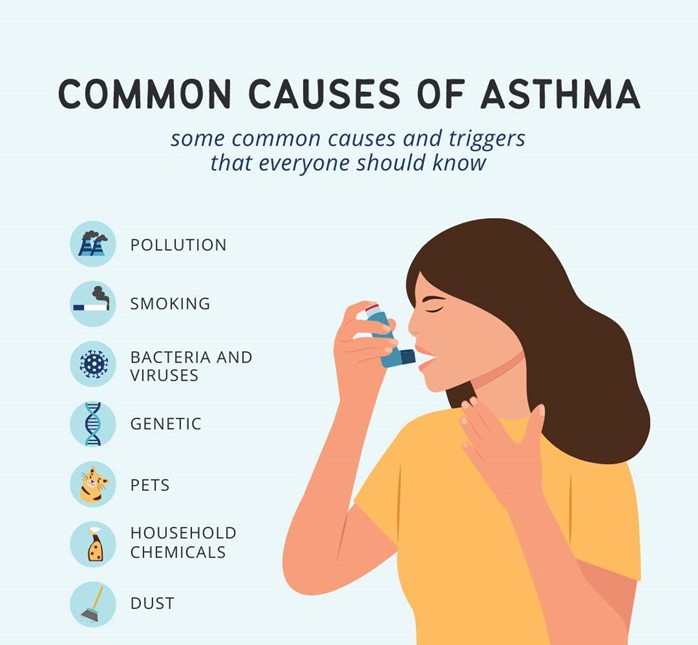Three hours after birth, a newborn becomes jittery and tachypneic. What should the nurse do first?
Obtain a capillary glucose level.
Feed 30 mL of 10% dextrose in water.
Wrap tightly in a blanket.
Encourage the mother to breastfeed.
The Correct Answer is A
Choice A: Obtain a capillary glucose level. This is the first action that the nurse should do, as it can diagnose hypoglycemia, which is a low blood sugar level that can cause jitteriness and tachypnea in newborns. Hypoglycemia can be caused by maternal diabetes, prematurity, infection, or delayed feeding. The nurse should check the glucose level using a heel stick and a glucometer.
Choice B: Feed 30 mL of 10% dextrose in water. This is not the first action that the nurse should do, as it may not be appropriate for all newborns with jitteriness and tachypnea. Feeding 10% dextrose in water can raise the blood sugar level, but it may also cause rebound hypoglycemia or fluid overload. The nurse should feed only after confirming hypoglycemia and obtaining a healthcare provider's order.
Choice C: Wrap tightly in a blanket. This is not the first action that the nurse should do, as it may not address the underlying cause of jitteriness and tachypnea in newborns. Wrapping tightly in a blanket can prevent heat loss and conserve energy, but it may also impair breathing or circulation. The nurse should wrap only after ruling out other causes of jitteriness and tachypnea.
Choice D: Encourage the mother to breastfeed. This is not the first action that the nurse should do, as it may not be feasible or effective for all newborns with jitteriness and tachypnea. Breastfeeding can provide nutrition and bonding for newborns, but it may also be difficult or contraindicated for some newborns with respiratory distress or infection. The nurse should encourage breastfeeding only after assessing and stabilizing the newborn's condition.
Nursing Test Bank
Naxlex Comprehensive Predictor Exams
Related Questions
Correct Answer is D
Explanation
Choice D is correct because frequent exposure to sunlight is the most significant environmental factor when planning care for a client with osteomalacia. Osteomalacia is a condition in which the bones become soft and weak due to inadequate mineralization, often caused by vitamin D deficiency. Vitamin D is essential for calcium absorption and bone health, and it can be synthesized by the skin when exposed to sunlight. The nurse should encourage the client to get at least 15 minutes of sunlight per day or take vitamin D supplements as prescribed.
Choice A is incorrect because quiet, calm surroundings are not a specific environmental factor for a client with osteomalacia. Quiet, calm surroundings may help reduce stress and promote relaxation, but they do not affect bone mineralization or vitamin D synthesis.
Choice B is incorrect because stimulating sounds and activity are not a specific environmental factor for a client with osteomalacia. Stimulating sounds and activity may help improve mood and cognition, but they do not affect bone mineralization or vitamin D synthesis.
Choice C is incorrect because cool, moist air is not a specific environmental factor for a client with osteomalacia. Cool, moist air may help relieve respiratory symptoms or allergies, but it does not affect bone mineralization or vitamin D synthesis.
Correct Answer is D
Explanation
Choice A: Increasing oxygen to 6 liters/minute is not an intervention that the nurse should implement, as this can worsen bronchospasm and hypoxia by reducing the hypoxic drive and causing carbon dioxide retention. This is a contraindicated choice.
Choice B: Calling for an Ambu resuscitation bag is not an intervention that the nurse should implement, as this is not indicated for a client who is conscious and breathing spontaneously. This is an overreaction choice.
Choice C: Instructing the client to lie back in bed is not an intervention that the nurse should implement, as this can increase respiratory distress and compromise airway clearance by reducing lung expansion and increasing abdominal pressure. This is another contraindicated choice.
Choice D: Administering a nebulizer treatment is an intervention that the nurse should implement, as this can deliver bronchodilators and anti-inflammatory agents directly to the airways and improve ventilation and oxygenation for this client. Therefore, this is the correct choice.

Whether you are a student looking to ace your exams or a practicing nurse seeking to enhance your expertise , our nursing education contents will empower you with the confidence and competence to make a difference in the lives of patients and become a respected leader in the healthcare field.
Visit Naxlex, invest in your future and unlock endless possibilities with our unparalleled nursing education contents today
Report Wrong Answer on the Current Question
Do you disagree with the answer? If yes, what is your expected answer? Explain.
Kindly be descriptive with the issue you are facing.
